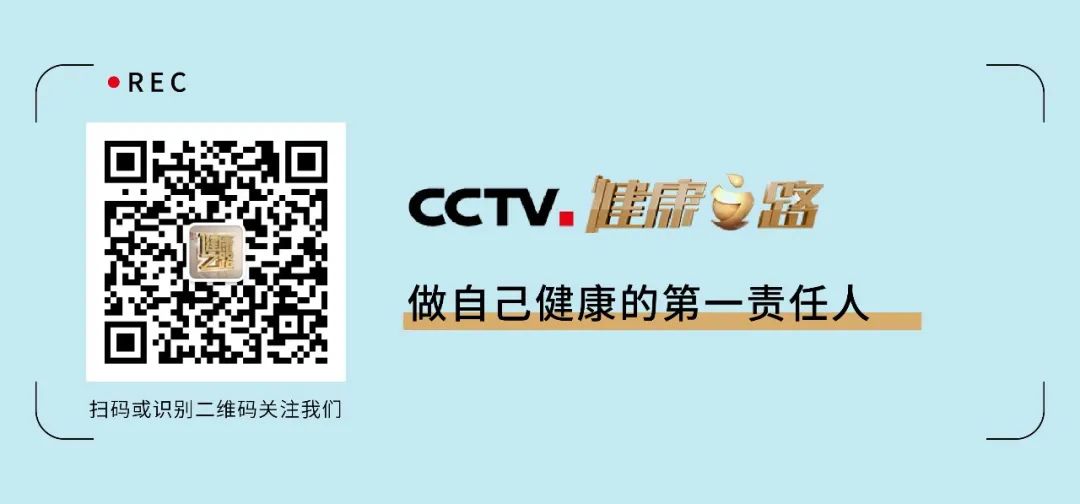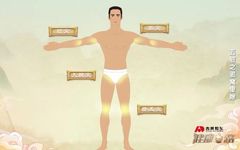
Small depressions on the body
Can eliminate the pathogenic factors of the five organs
Mastering the right methods
Can nourish the five organs
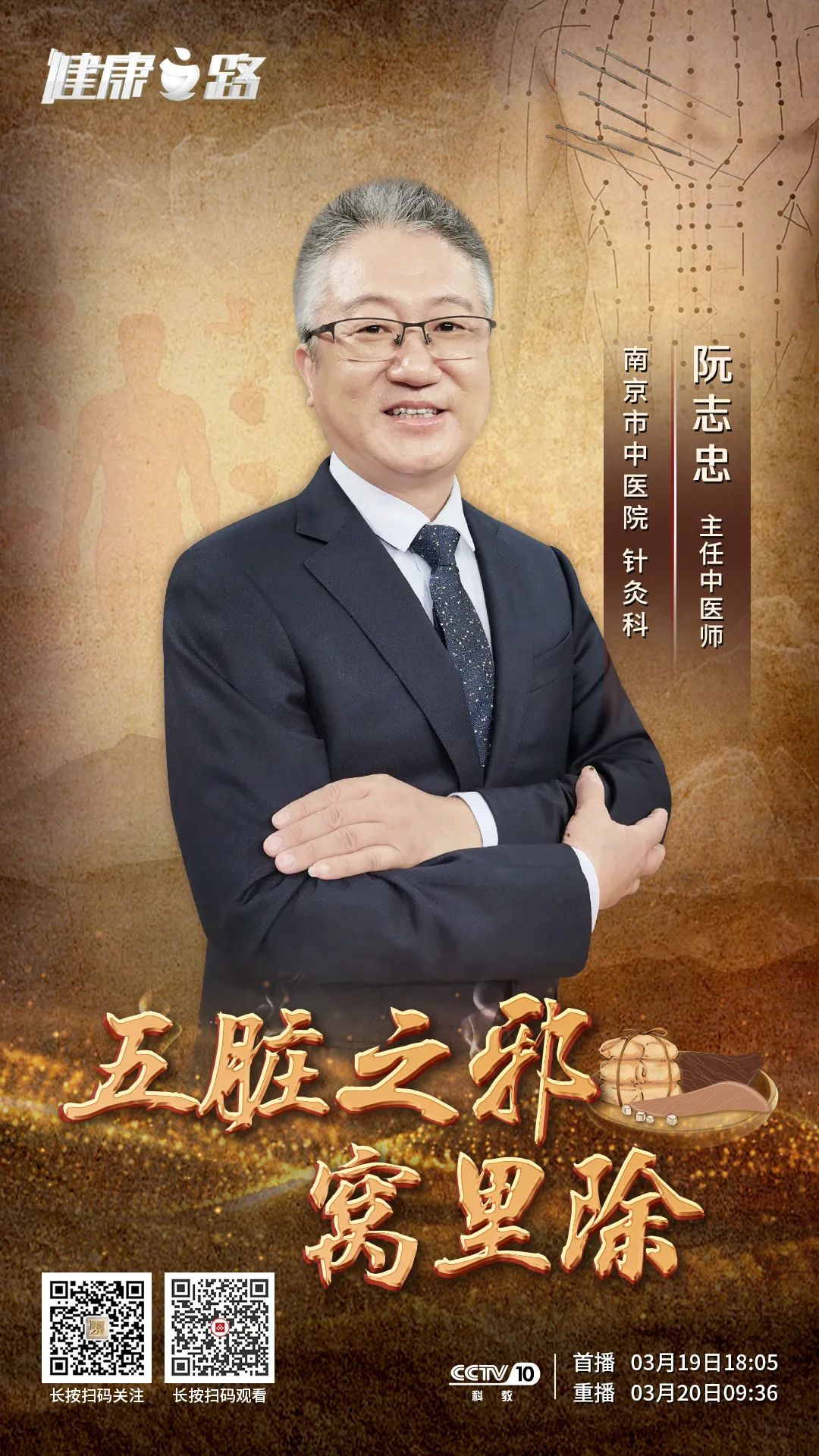
According to Traditional Chinese Medicine (TCM), there are eight depressions on our body that are closely related to the five organs. This area has a dense distribution of meridians, and once there is a problem with the five organs, pathogenic factors will accumulate here, collectively referred to as “Eight Deficiencies”. Conversely, as long as we utilize these eight depressions well, we can eliminate the evils of the five organs.
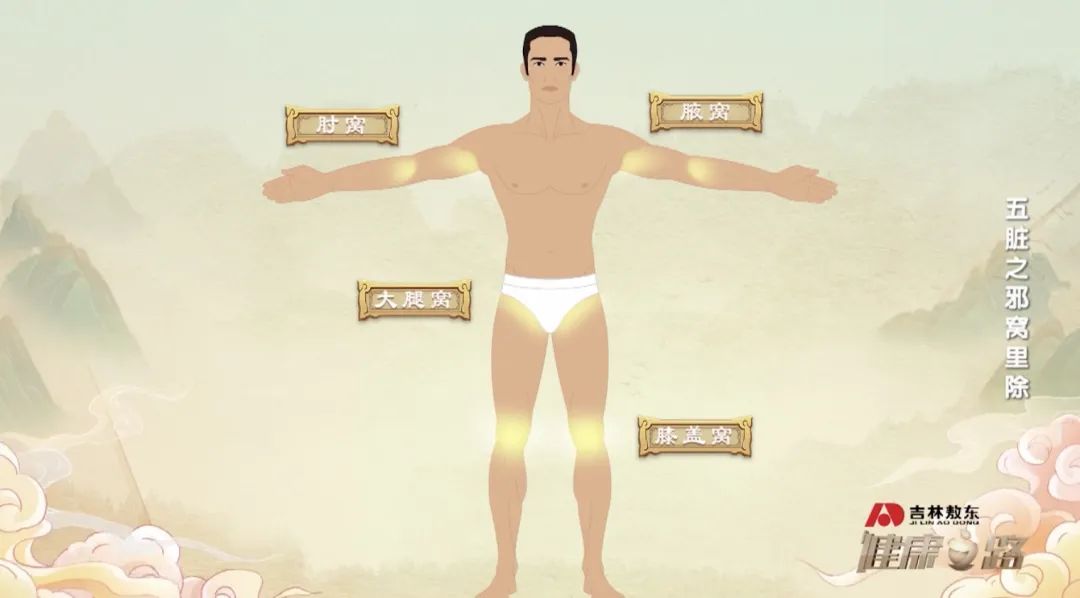
Clever Use of the Elbow Depression
To Eliminate Heart and Lung Pathogenic Factors
From a TCM perspective, the elbow depression has three meridians passing through it, which are related to the heart and lungs. This means that once there is a problem with the heart or lungs, pathogenic factors will remain in this area. Therefore, effectively using the elbow depression can help us eliminate the evils of the heart and lungs.
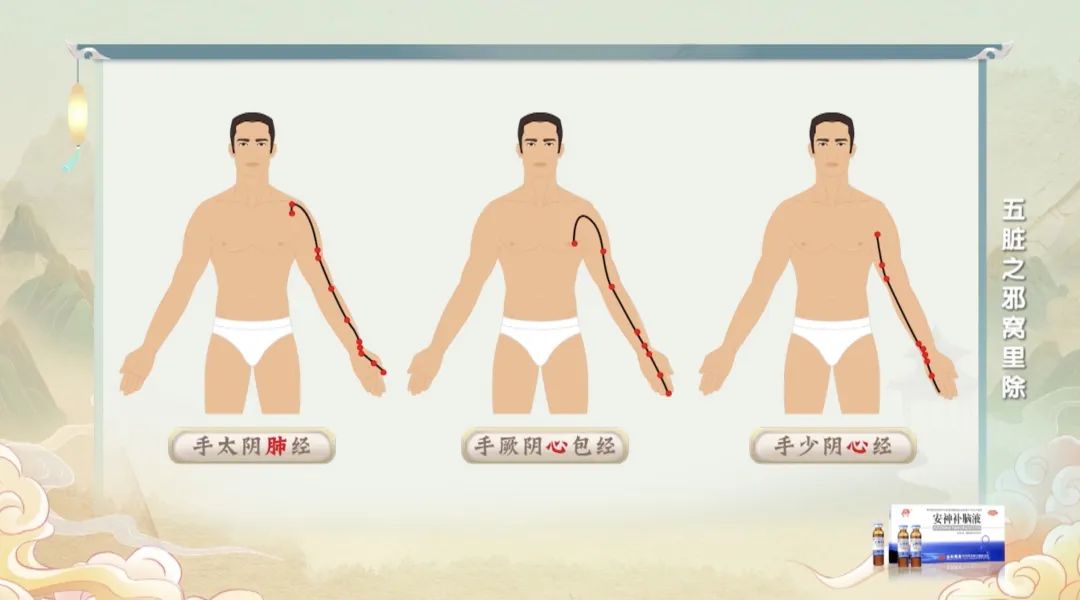
The heart and lungs are easily attacked by different pathogenic factors. The heart is particularly susceptible to fire and summer heat, leading to excessive heart fire, which manifests in the following symptoms.
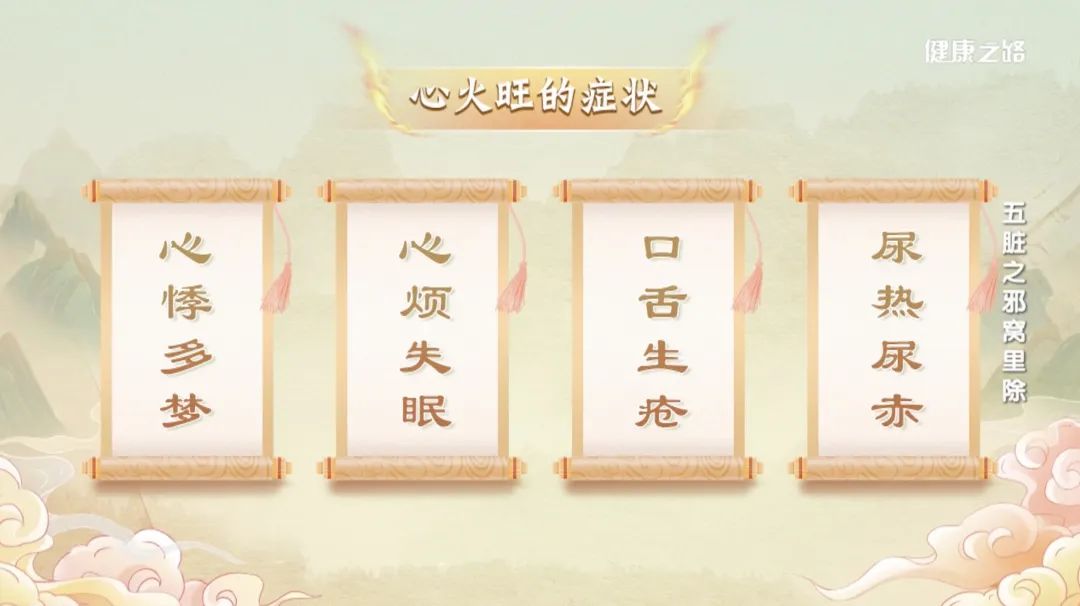
The lungs govern respiration and are a “delicate” organ. They are not only easily invaded by wind pathogenic factors but can also be affected by changes in weather, leading to summer heat and dryness, resulting in the following symptoms.
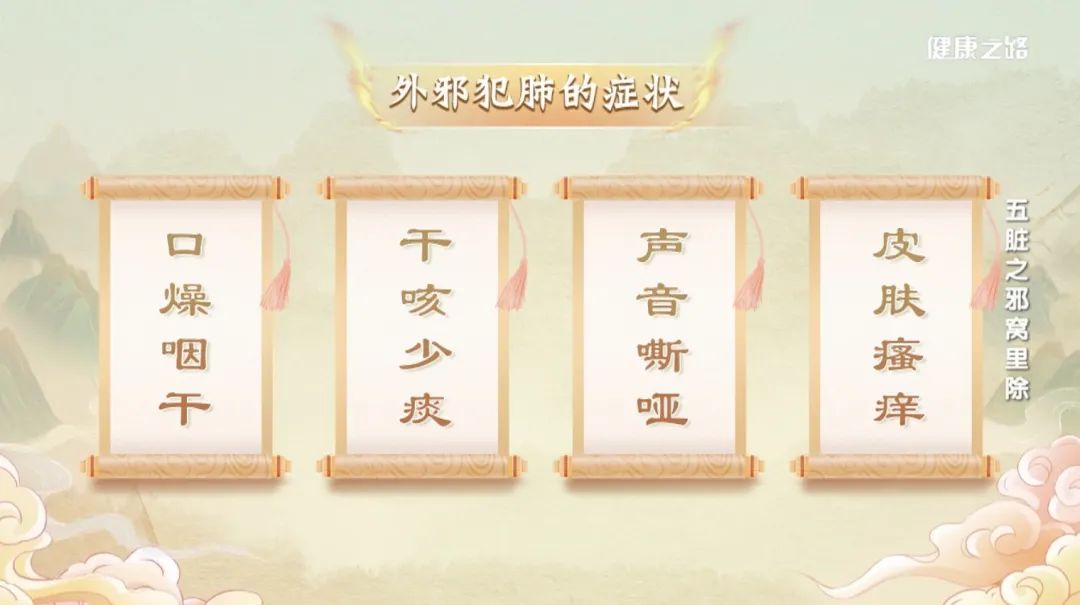
By tapping or using guasha on the elbow area, stimulating the Shizhe (Cubital Fossa) and Quze (Curved Marsh) points, we can eliminate heart and lung pathogenic factors and achieve a calming effect on the mind.
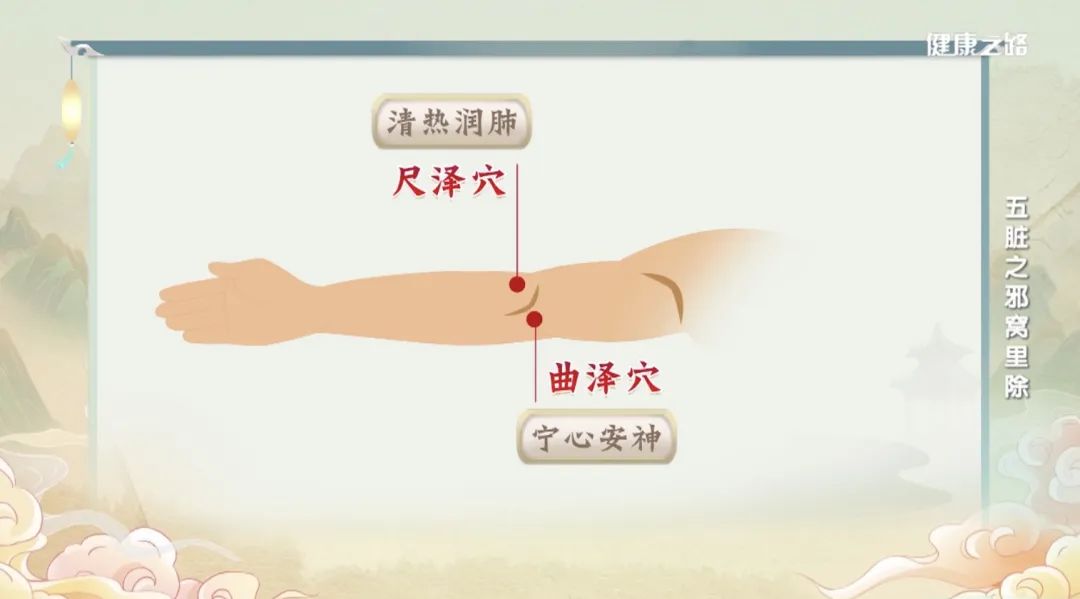
With the elbow slightly bent, there are two depressions at the biceps tendon in the elbow fossa; the outer side is Shizhe (Cubital Fossa), and the inner side is Quze (Curved Marsh). Tapping or guasha until the area becomes red and shows signs of sha (petechiae) is necessary, and it should be done continuously for five days to alleviate issues caused by excessive heart and lung fire.
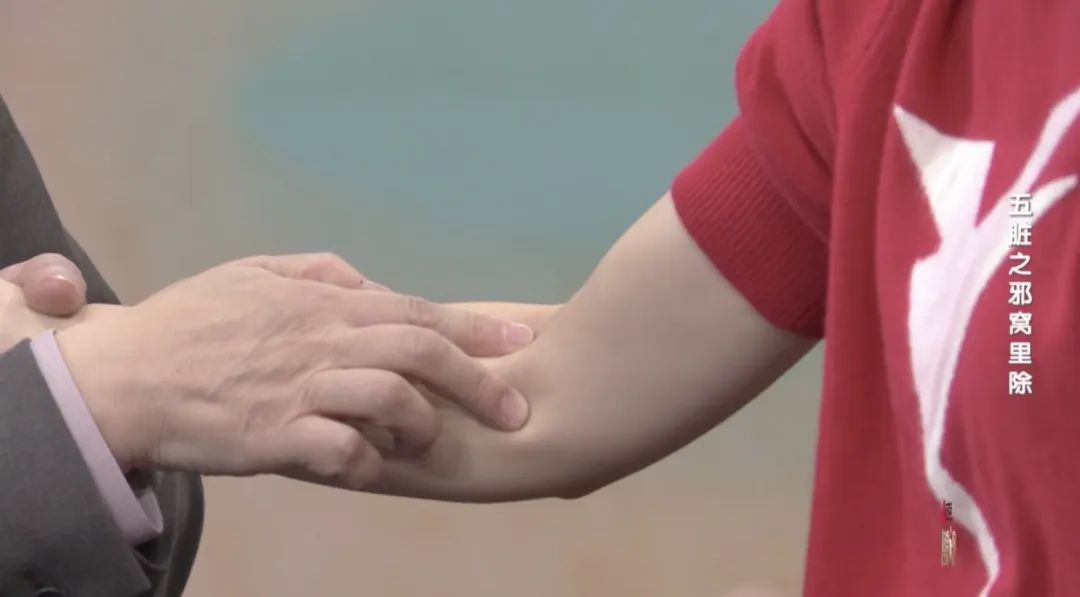
Cleverly Pressing the Armpit
To Eliminate Liver Pathogenic Factors
The Zú Shàoyáng Dǎn Jīng (Foot Shaoyang Gallbladder Meridian) runs through the armpit, and the liver and gallbladder are interconnected. Once liver qi stagnates, pathogenic factors will remain in the armpit area, so pressing the armpit can eliminate liver evils.
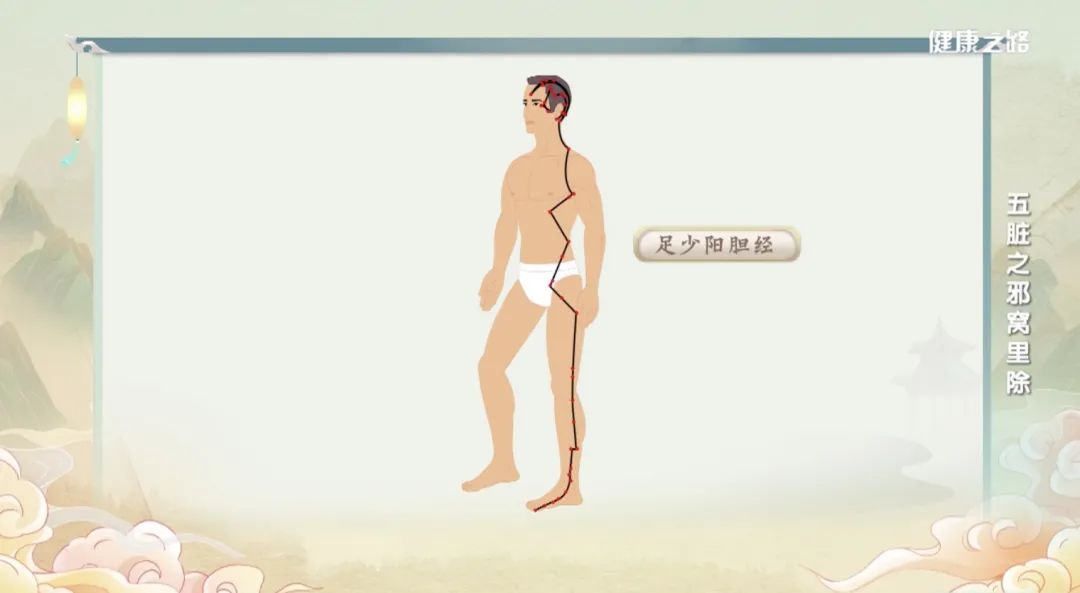
The liver is rarely invaded by external pathogenic factors; the evils it suffers often arise from within, such as when we experience negative emotions, leading to qi stagnation and symptoms of liver qi stagnation.
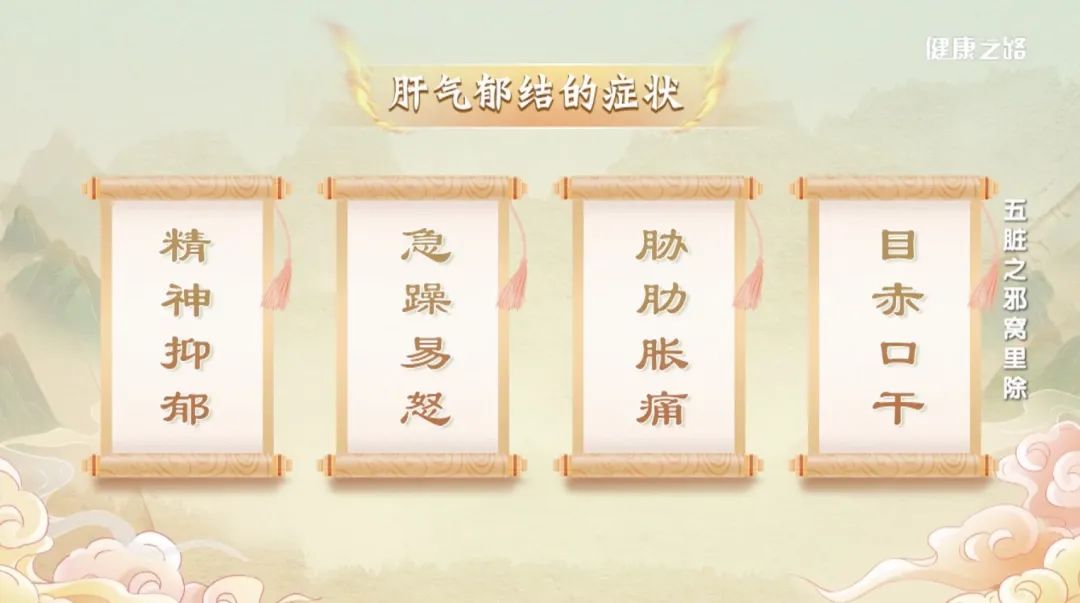
Additionally, the liver is also susceptible to internal fire evils, leading to excessive liver fire and the following symptoms.
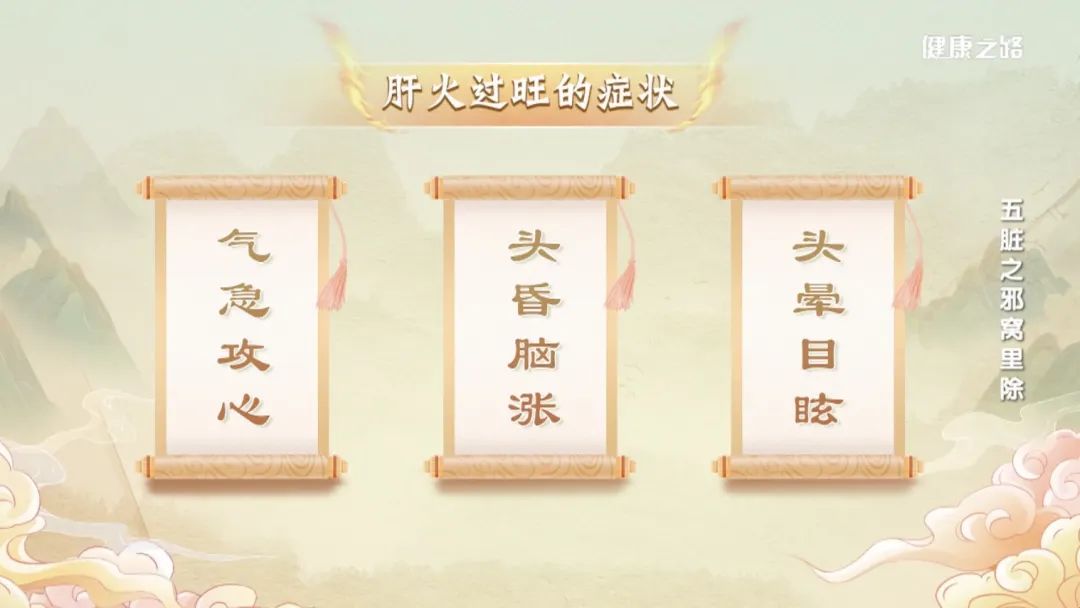
The Jíquán (Extreme Spring) point is located in the center of the armpit depression, and TCM believes it has the effect of a quick-acting heart-saving pill. By pressing the Jíquán point, it can effectively alleviate symptoms such as dizziness and blurred vision caused by excessive liver fire, allowing one to feel immediately refreshed.
The Yuānyè (Source Armpit) point is located three inches below the Jíquán point along the armpit line. By pressing the Yuānyè point, it can relieve symptoms of liver qi stagnation.
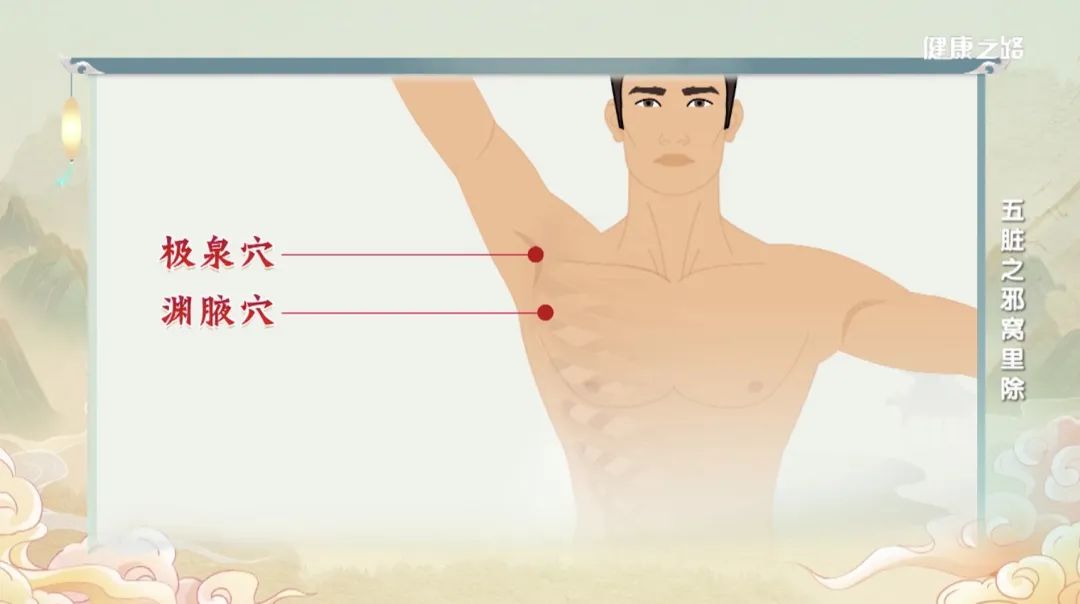
Demonstration of how to press the Jíquán and Yuānyè points↓
Cleverly Pressing the Thigh Depression
To Eliminate Spleen Pathogenic Factors
TCM believes that the spleen is responsible for transformation and transportation, managing the water and dampness in our body. Once the spleen’s function is obstructed, it can lead to the accumulation of dampness and stagnation in the thigh depression.
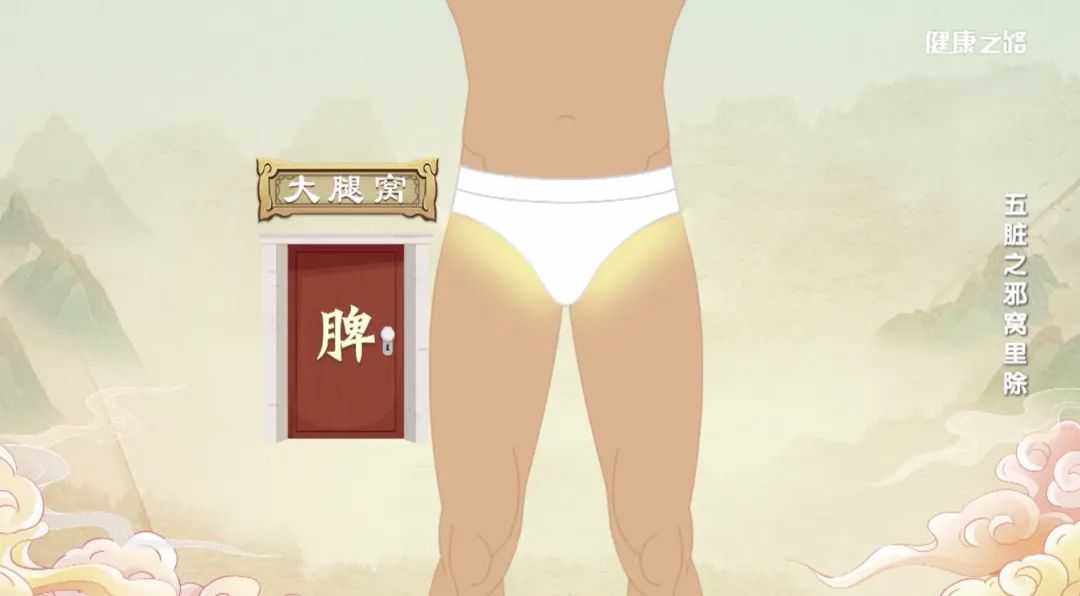
The spleen prefers dryness and dislikes dampness. When dampness invades the body, it can lead to the following symptoms.
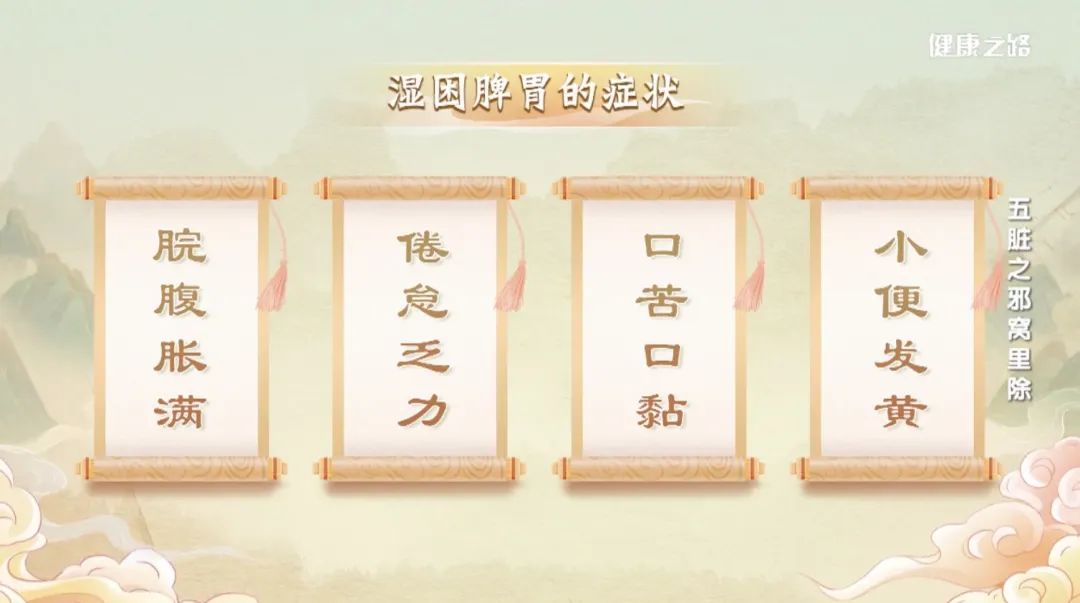
Heat and dampness often occur together, and when combined with the invasion of dampness, it can easily lead to the following symptoms.
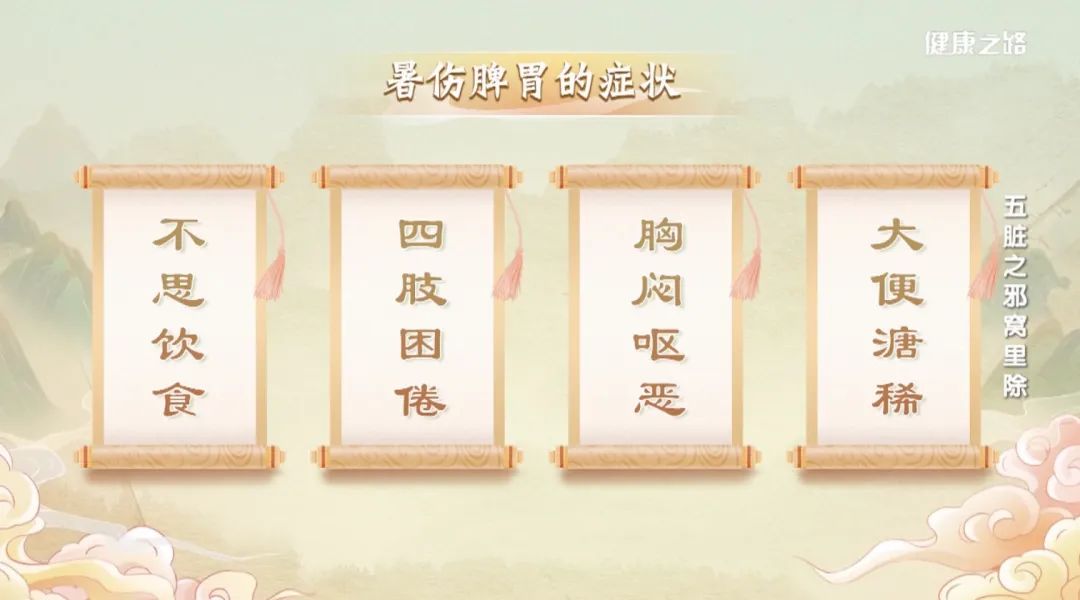
The thigh depression has a point called Chōngmén (Surging Gate), which is an acupoint on the Foot Taiyin Spleen Meridian. Stimulating this point can alleviate symptoms of spleen deficiency.
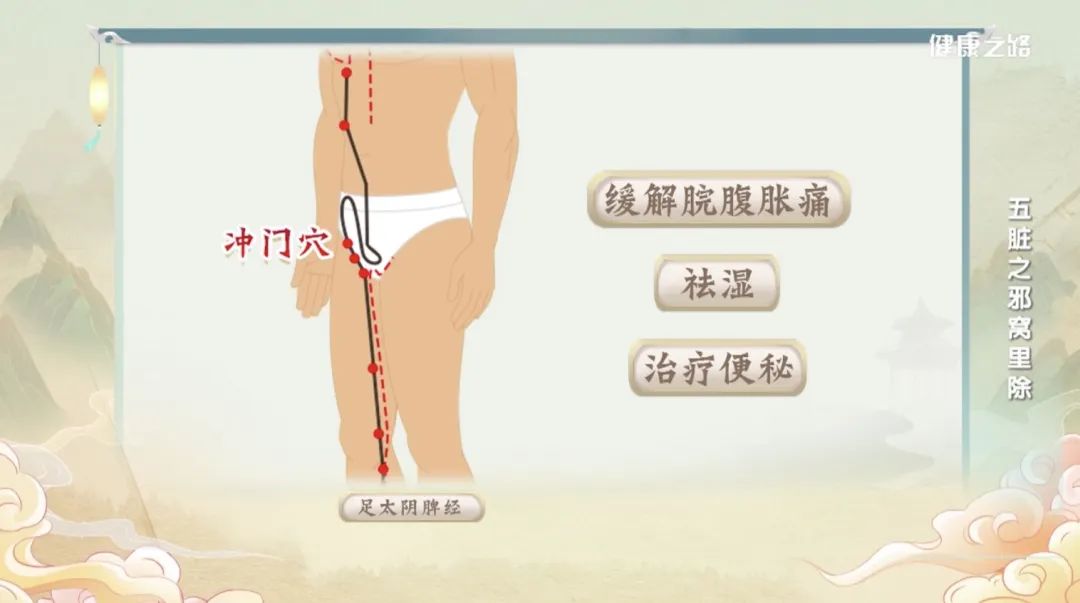
Demonstration of how to press the Chōngmén point and stretch the thigh depression↓
Finding the Right Knee Depression
To Eliminate Kidney Pathogenic Factors
The knee depression is where the Foot Taiyang Bladder Meridian passes through. Since the kidney and bladder are interrelated, when there are pathogenic factors in the kidneys, the pathogenic qi may remain in the knee depression.
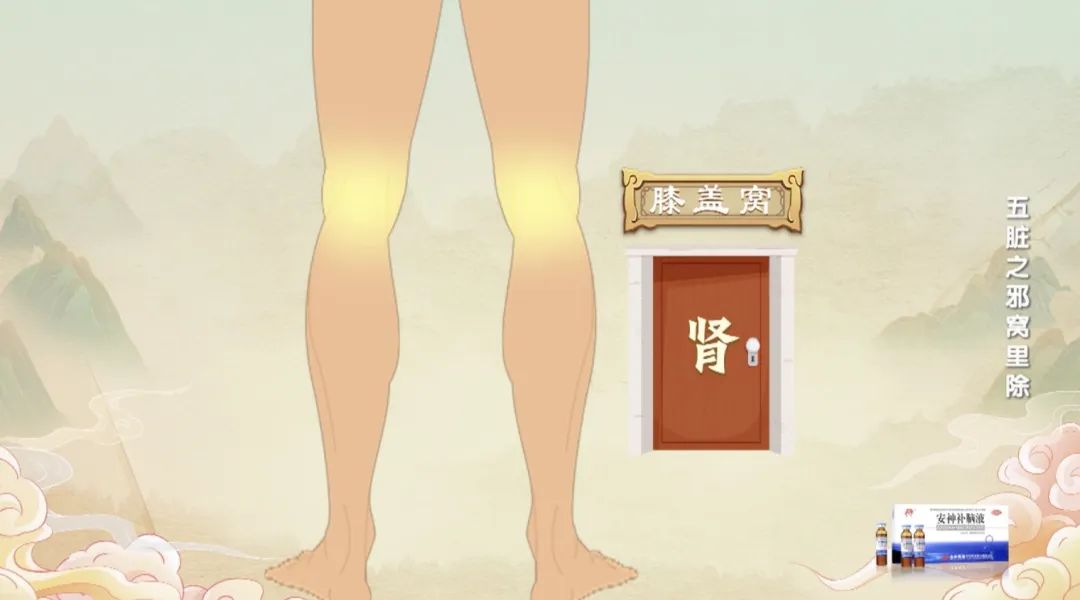
The kidneys, unlike other organs, are not affected by external evils; their greatest enemy is themselves. They are most susceptible to the invasion of deficiency evils caused by their own consumption, the most common being Kidney Yin Deficiency and Kidney Yang Deficiency.
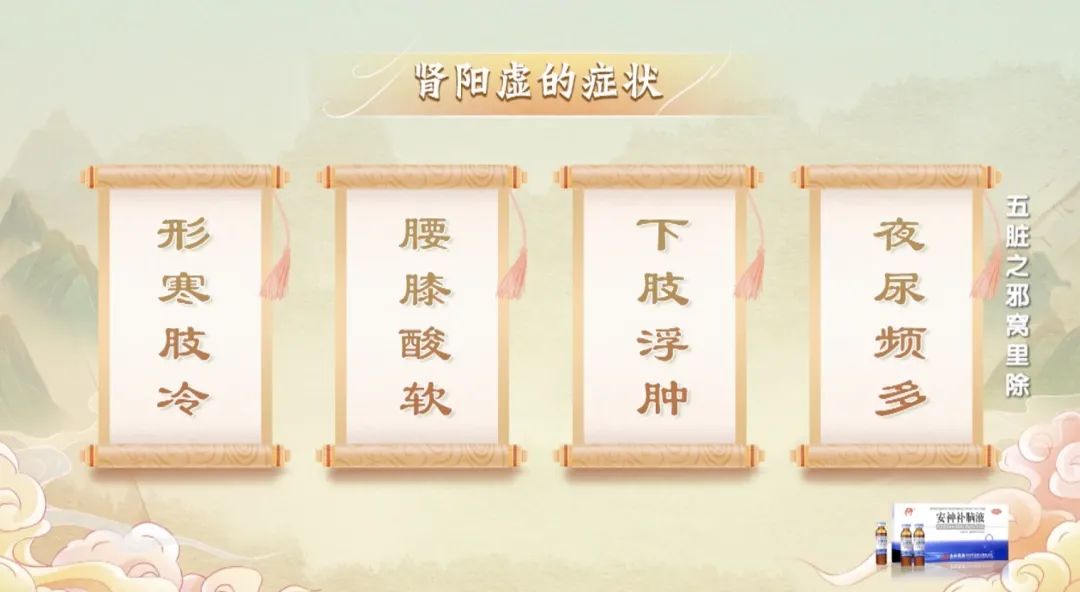
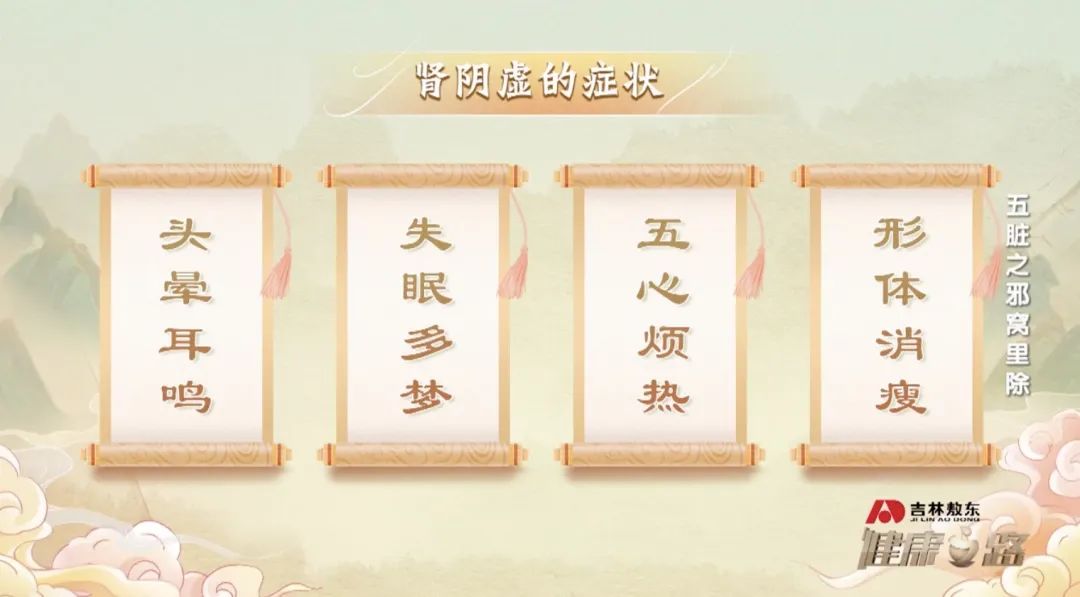
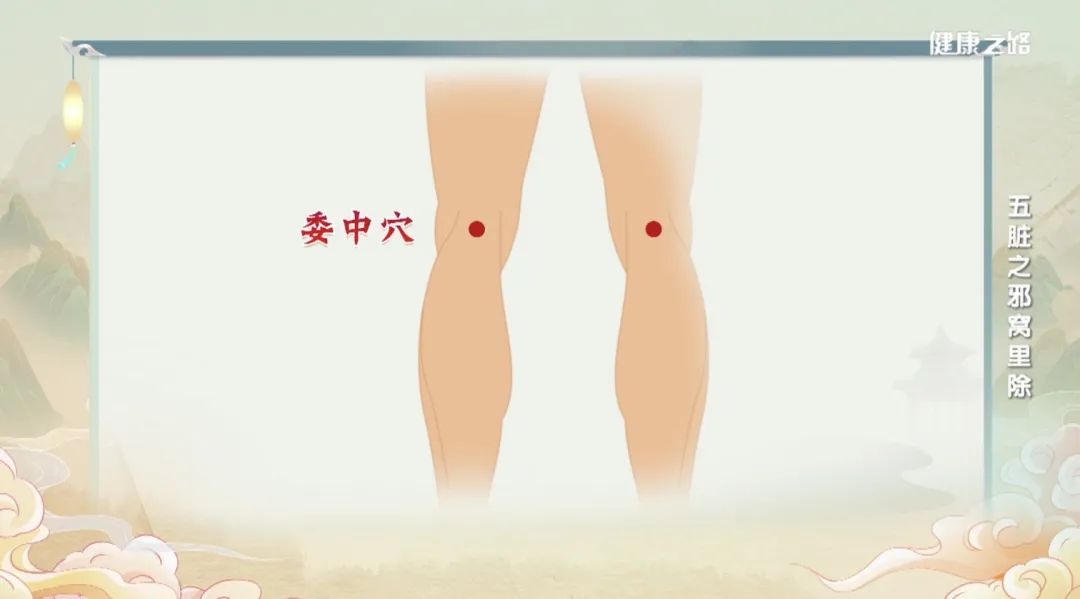
The Wěizhōng (Middle of the Knee) point is located in the center of the popliteal fossa and is an acupoint on the Foot Taiyang Bladder Meridian. By applying heat therapy to the Wěizhōng point, it can help tonify the kidneys.
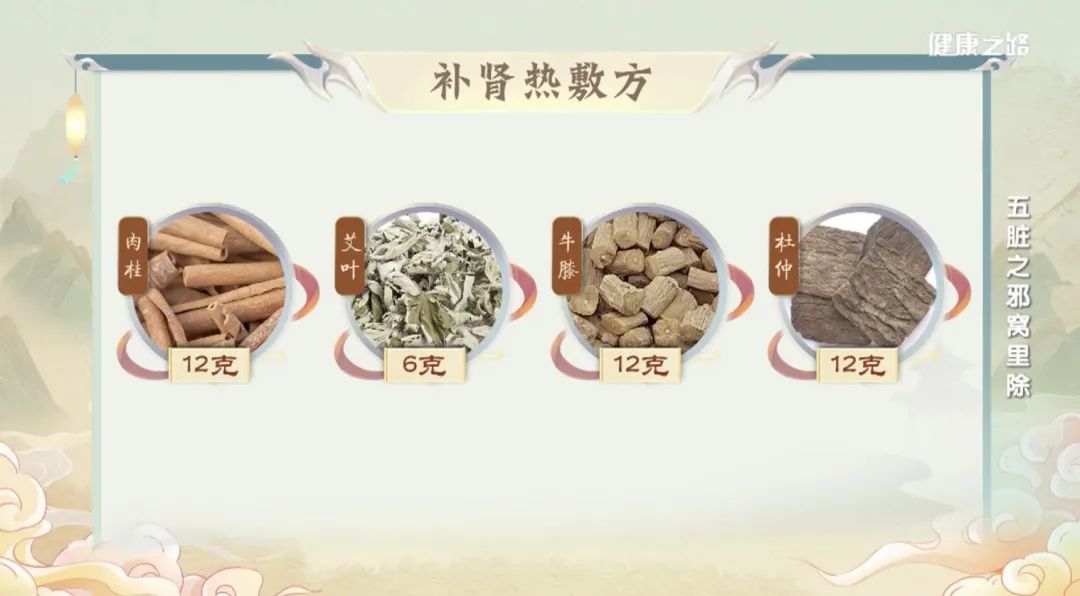
Steps to Operate:
1. Place the Chinese herbs in a heat pack, boil in water, and then simmer for 10-20 minutes.
2. Soak the legs in the herbal decoction for 20 minutes while pressing the Wěizhōng point.
3. After heating, place the heat pack on the Wěizhōng point.
The video channel is here! Click the video below to easily triple (share + like + comment), learn a bit of health knowledge every day, and let’s be healthier together.
Health Road Program Broadcast Time
“Eliminating the Evils of the Five Organs”
△ First Broadcast: March 19 at 18:05
△ Rebroadcast: Next day at 09:36
● More Exciting Content
1National Liver Day, Academicians Teach You to Protect Your Liver|Health Road2Don’t Stay Too Long! Do You Understand the Troublesome Wisdom Teeth?|Health Road3Don’t Wait for Pain to Treat Cavities! Be Careful of Grinding Teeth Becoming “Weak”|Health Road4Don’t Panic if Your Front Teeth Are “Injured”! Teach You How to Cope|Health Road5Pay Attention to Nourishing Liver Blood and Soothe Liver Qi, Especially for Women!|Health RoadPlease contact the editor for reprints; unauthorized reprints will be reported.
Of course, everyone is welcome to share the article in their circle of friends.
Article Edited by: Bīngxī Proofread by: Qiáoshān Edited by: Xiàyì
